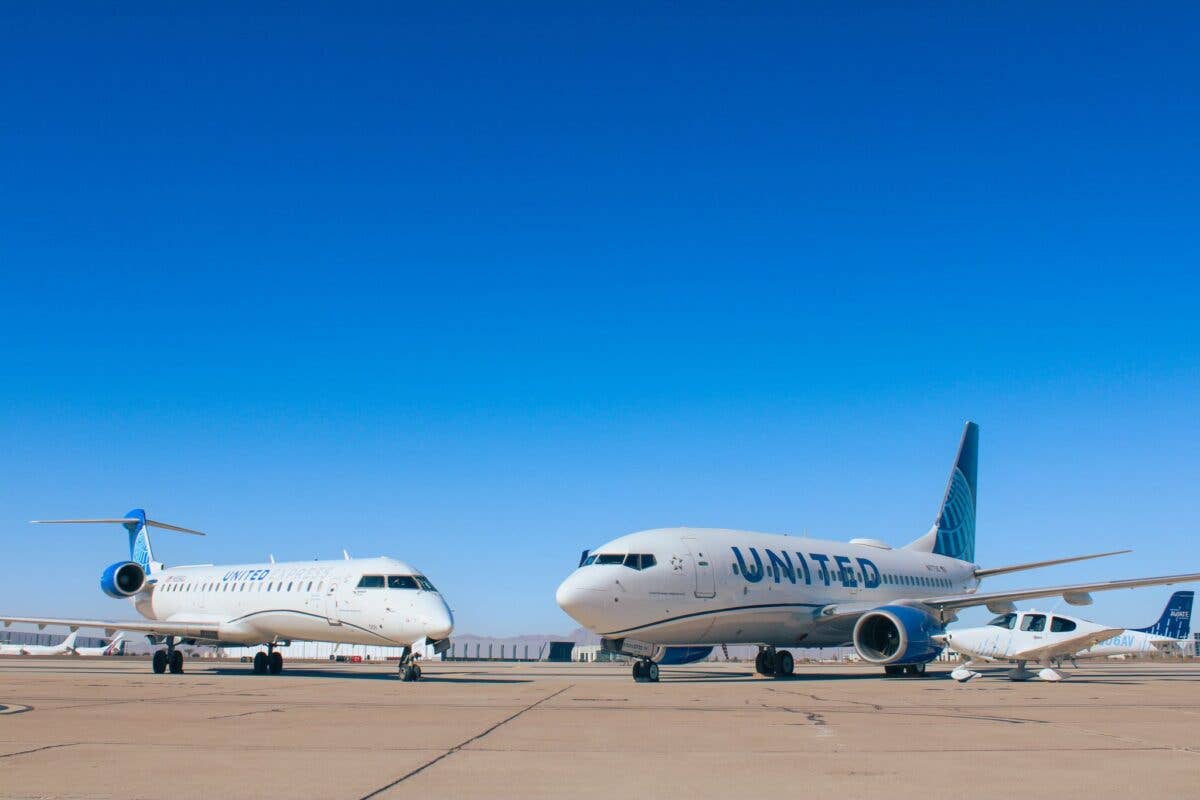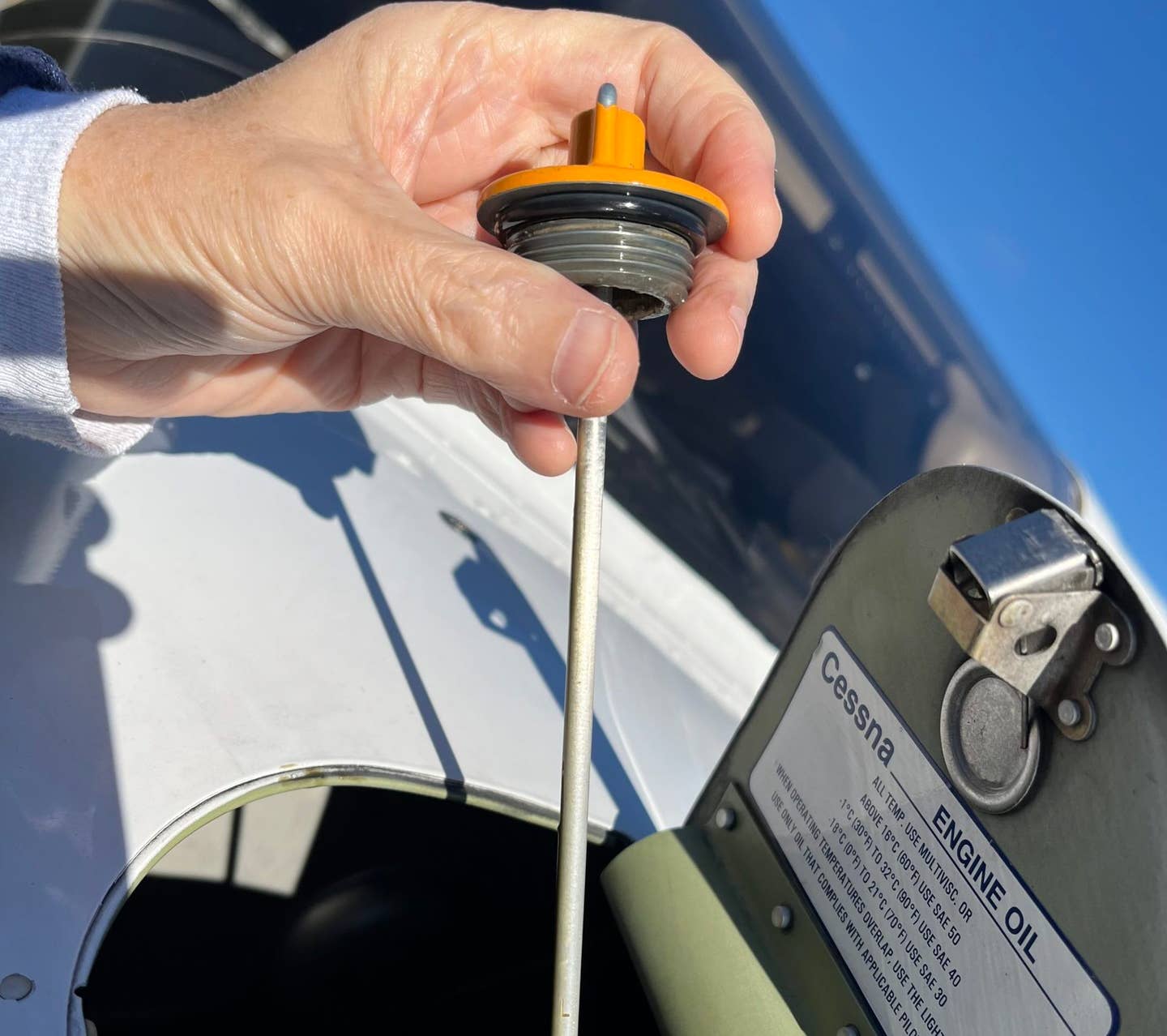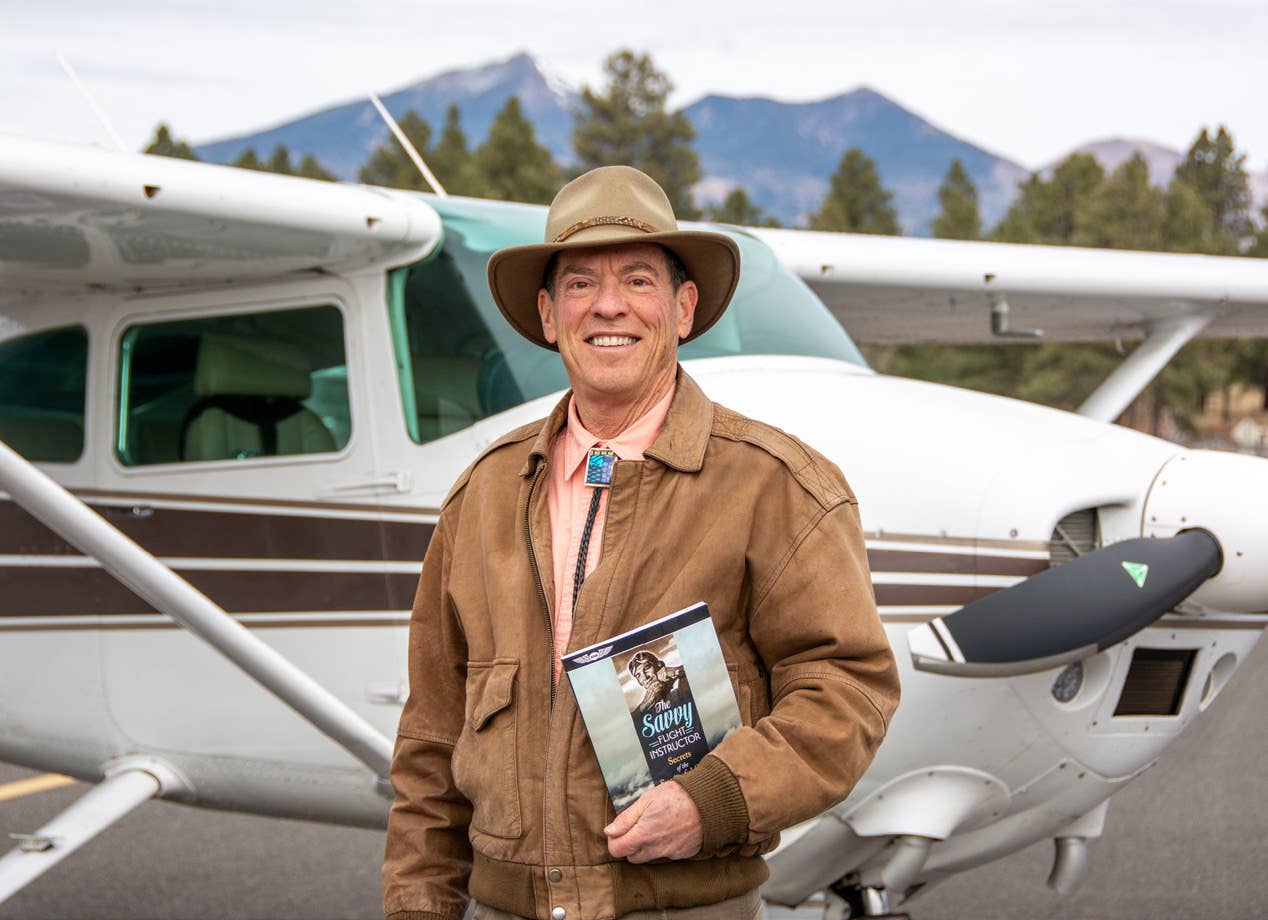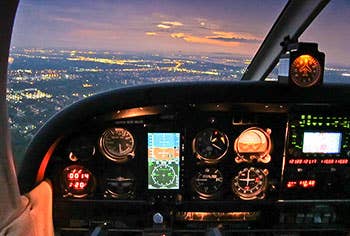9/11: The Day That Forever Changed Flight Training
A generation of pilots were raised behind a locked fence.
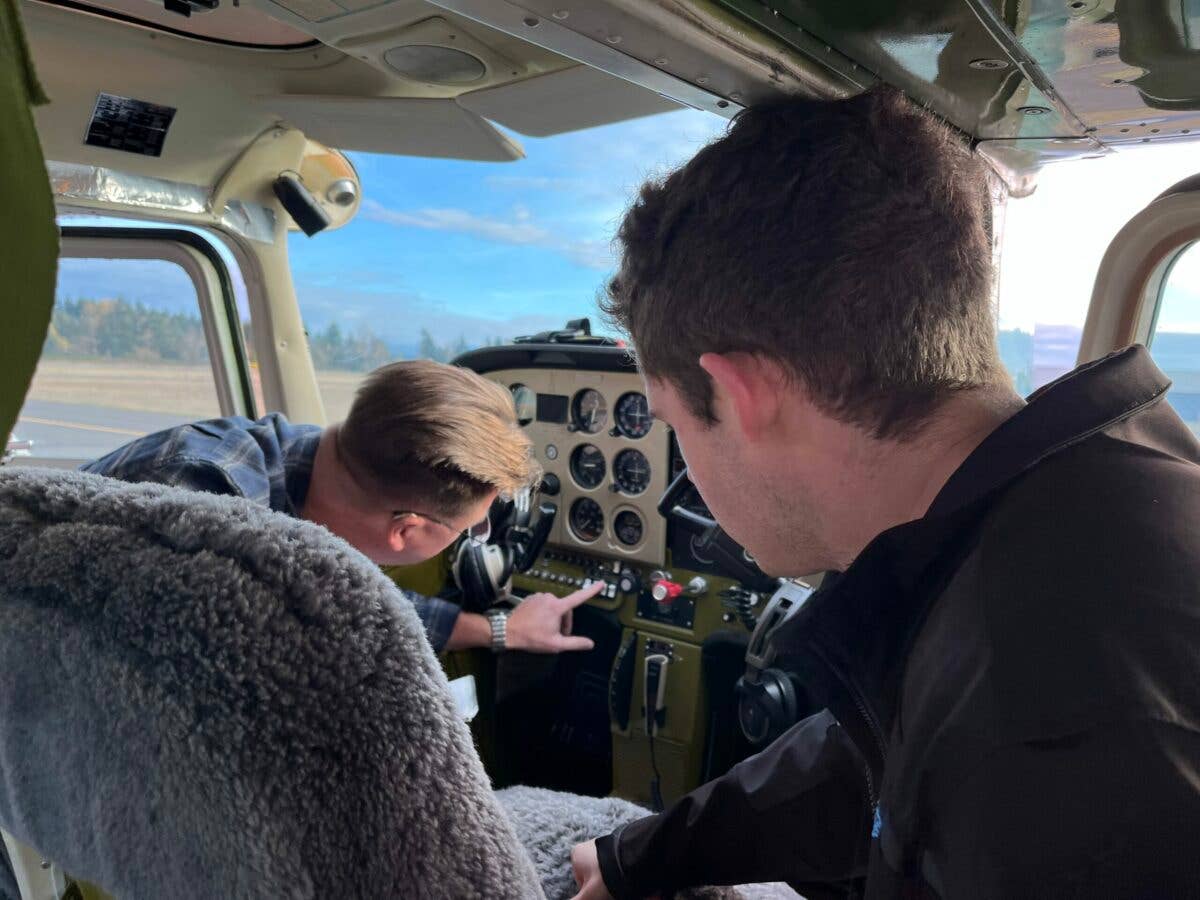
The 9/11 attacks resulted in new security measures in GA flight training, many of which are still in place 22 years later. [Credit: Meg Godlewski]
“Did you give him a TSA endorsement?”
The CFI, a recently retired airline pilot who earned his instructor certificate in the 1980s and never let it lapse, stared at me confused. It was 2016, and the concept of vetting learners before instruction began was new to him—no one ever asked for proof of his citizenship, he explained.
That all changed after September 11, 2001.
If you were around on that day, you probably remember exactly where you were and what you were doing when you learned about the hijacked airliners deliberately flown into the World Trade Center’s twin towers and the Pentagon. When it was determined that the terrorists were trained at American flight schools, it sent a shockwave through the general aviation community. It resulted in new security measures, many of which are still in place some 22 years after the event, not the least of which is TSA Security Awareness training and more responsibility for flight instructors, beginning with citizenship verification of those seeking initial certification.
TSA at the GA Level
If you earned your initial pilot certificate before 2004, you probably don't have a TSA endorsement in your logbook. This endorsement is given by a flight instructor as proof of citizenship of a flight training applicant who wishes to get a recreational pilot, sport pilot, or private pilot certificate. If you already had your certificate, you were not required to have one, even if you were still adding certificates and ratings.
The TSA endorsement for flight training is not the same as the TSA PreCheck that many people have for airline travel. I must stress this, because there have been some flight students—and some CFIs—who insist the TSA PreCheck is the same as the TSA endorsement required for flight training. I assure you, it is not.
The TSA endorsement details can be found under FAR 1552.3 Flight Training.
The instructor must keep a copy of the documents used to provide proof of citizenship for five years. This should give you an idea of how important the FAA thinks this is as other instructor records are only required to be kept for three years. It is important that the non-CFI flight school employees understand that a CFI needs to be the one reviewing the verification documents for providing the endorsement.
A record of the endorsement is made in the instructor’s logbook or other means used by the instructor to documentflight student endorsements. The instructor also endorses the student’s logbook with the following:
- "I certify that [insert student's name] has presented me a [insert type of document presented, such as a U.S. birth certificate or U.S. passport, and the relevant control or sequential number on the document, if any] establishing that [he or she] is a U.S. citizen or national in accordance with 49 CFR 1552.3(h). [Insert date and instructor's signature and CFI number.]"
The savvy instructors take a photo of these endorsements with their smartphones or, in the absence of this technology, make a photocopy for themselves as a precaution. The school will keep a copy of it as well. If the CFI is building hours for another career, it is very likely they will be leaving employment at the flight school before the five years expires. In addition, if the flight school folds or the records are lost, the CFI will have proof they followed the rules. It is not a labor-intensive process. From document review to endorsement takes less than 10 minutes. These records, be they kept by the CFI and/or flight school, are subject to TSA review.
For the learners, please keep in mind that if you change instructors but remain at the school, you do not need another TSA endorsement. However, if the learner changes flight schools or goes to another school in another area, they will again be required to prove citizenship and receive a logbook endorsement from another instructor if they did not know the student at the time of receiving the initial logbook endorsement.
TSA Endorsement for Foreign Nationals
It is very common for foreign nationals to come to the U.S. for flight training. Compared to the rest of the world, general aviation in the U.S. is relatively inexpensive and easy to access. However, the vetting of foreign nationals is more involved and as such takes longer because it involves fingerprinting and an application sent to the TSA for approval. No endorsement can be given, and therefore no flight training can be conducted until TSA approval is granted. The TSA has ruled an introductory flight does not qualify as flight instruction.
TSA Security Awareness Training
In addition, flight instructors and flight school and airport personnel are required to undergo annual TSA Security Awareness training. The online course, available from multiple providers, consists of scenarios and quizzes—you click on the correct answer. The course covers a variety of GA from flight schools and flying clubs to private aircraft ownership. After successful completion of the course, there is a completion certificate that are printed out and kept on file at the school or FBO.
For CFIs who earned certification well before September 11, 2001, the TSA Security Awareness training is a reminder of how much the world has changed. We remember when we used to walk down the ramp, peering into the cockpits of various airplanes to see what their panels looked like. This is one of the scenarios we are now taught to watch for. Back in the day, if you did this and the owner of the aircraft was around, they would often open the door and invite you to take a closer look. Today, if you do that you will likely be accosted by someone—possibly even law enforcement—who will want to know who you are and what you are doing. And who can blame them?
Many of the CFIs active in the teaching community are too young to have firsthand knowledge of 9/11. They may have heard about it in school, but they may not have an appreciation for the restrictions placed on aviation in the wake of the terrorist attacks. They have come of age at an airport with a locked gate and National Security Areas on their VFR sectionals.
I am concerned that as we get further away from 9/11 the lessons we learned in the wake of that horrible day will be forgotten. Someone coming into a flight school and asking for concentrated lessons to allow them to solo in three days might sound like a time builders dream to some. But for the more seasoned CFI this scenario falls under the same category as the client who expresses admiration for someone who stole and intentionally crashed an airplane. These are big red flags, and the experienced CFIs give these folks a hard pass.

Sign-up for newsletters & special offers!
Get the latest FLYING stories & special offers delivered directly to your inbox

